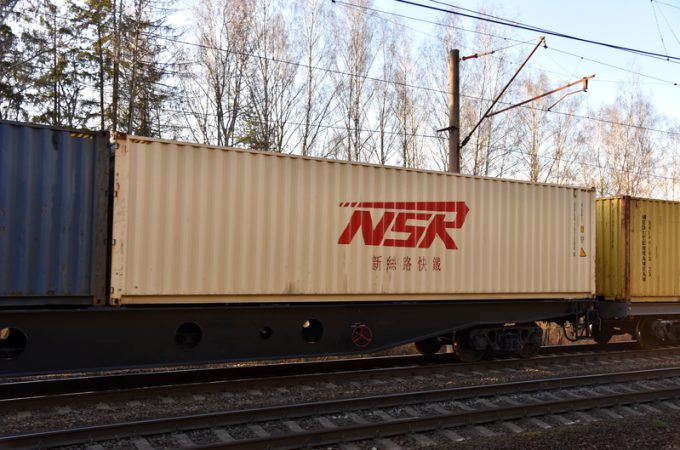Shippers struggle to find capacity amid growing shortage of reefers
US perishables exporters say they are struggling to secure enough temperature-controlled containers and trucks and ...

As China-Europe rail freight celebrates 50,000 trips, more freight forwarders have launched services amid improving transit times.
The network of railways carrying cargo to Europe started running from Chongqing in March 2011, according to China State Railway Group.
The trip milestone was equivalent to 4.55m teu, it said, with the value of cargo estimated at $240bn.
While tiny in comparison to ocean freight, rail volumes have grown rapidly over the past few years, last year alone accounting for 15,000 trips, a 22% year-on-year ...
Maersk Air Cargo sees volumes fall as it aims for 'margin in favour of revenue'
Keep our news independent, by supporting The Loadstar
Container spot rates diverge: to Europe still falling, but firmer to the US
Hapag-Lloyd won't take bookings if port congestion leaves cargo stranded
Ecommerce likely the front-runner in resurge of transpacific trade after deal
Airfreight players eye new routes as demand on the transpacific nosedives
China-US trade tariff pause could drive a rebound for transpacific rates
Service chaos from trade ban with India a problem for Pakistan shippers
Volume surge and an early peak season? 'Don't celebrate too soon,' warning
Airfreight rates ex-China 'loss-making', but hopes of a trade deal stay high
Indian coastal freight attracts major carriers, but regional tension disrupts
Serious threat to jobs in US logistics as tariffs cause economic 'stagflation'
APMM floats along on 'solid' Q1 profitability in Ocean, well prepared for choppy water
White House u-turns see freighters flying but keep logistics players on their toes
Carriers impose 'emergency operation' surcharges on Pakistan cargo
MSC in terminal switch as Nhava Sheva gets strong start to new fiscal year

Comment on this article